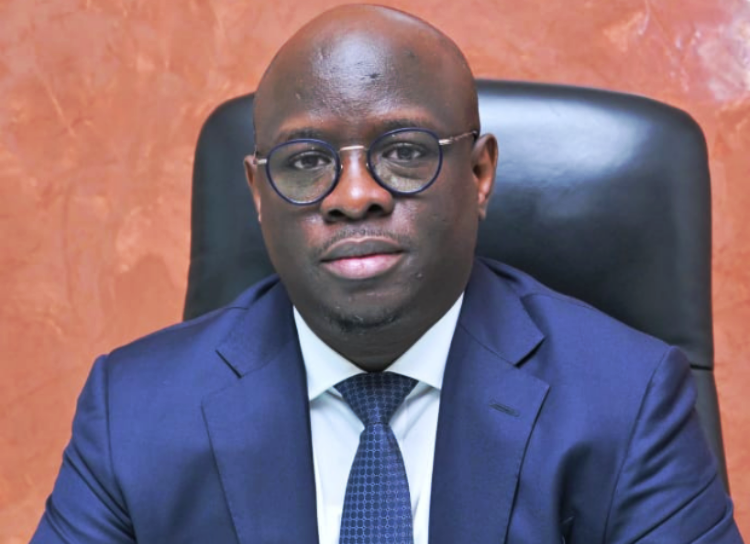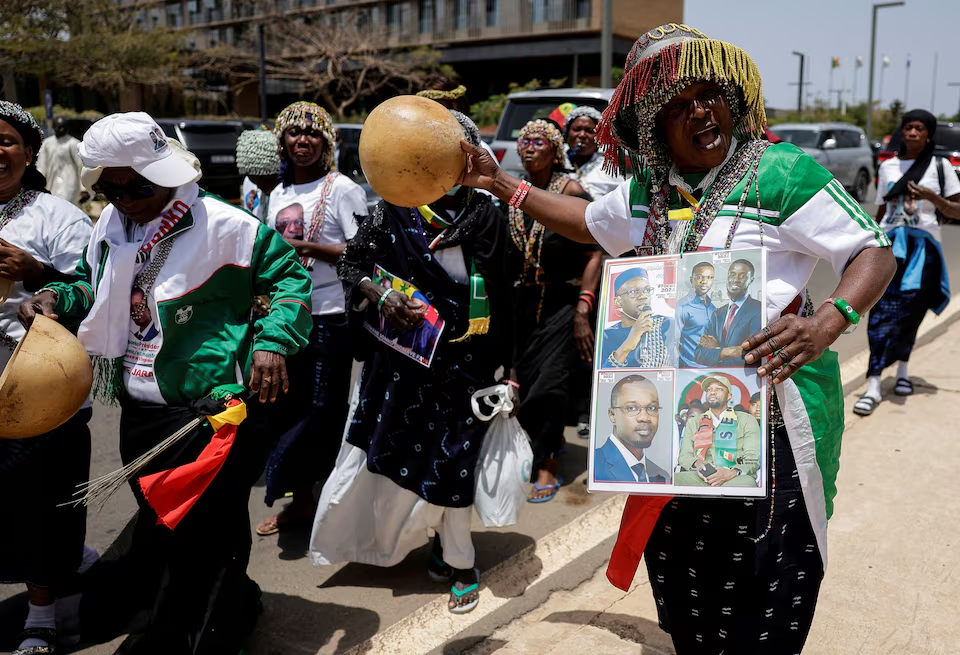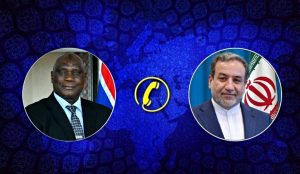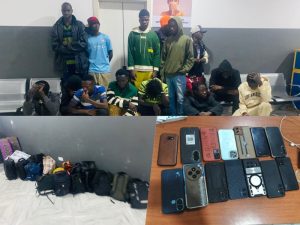Gambiaj.com – (DAKAR, Senegal) – As Senegal prepares for its snap parliamentary elections on November 17, economic concerns and delays in critical financial support threaten to dominate the political landscape. President Bassirou Diomaye Faye, barely five months into his presidency, set the stage for these elections after dissolving the opposition-led National Assembly last Thursday, citing gridlock over budget reforms.
While political analysts closely watch the electoral dynamics, economic challenges are quickly escalating. Senegal’s growth forecast for 2024 has been downgraded to 6.0%, a reduction from the previous estimate of 7.1%, according to the International Monetary Fund (IMF). The IMF attributes this slowdown to weaker-than-expected performance in key sectors such as mining, construction, and agro-industry.
The timing of the parliamentary elections complicates matters for Senegal’s $1.9 billion IMF loan, secured last year to stabilize public finances. According to Barclays analyst Michael Kafe, the review of this financial package, initially scheduled for December, could be delayed further, stalling much-needed financing. Any disruption in IMF disbursements would coincide with Senegal’s widening fiscal deficit, which has been exacerbated by falling government revenues and continued expenditure.
In the first eight months of the year, Senegal saw a significant drop in revenues, while expenses remained consistent, forcing the government to rely on costly external borrowing. The fiscal deficit has expanded, and external commercial loans with short maturities are driving up costs. This fiscal imbalance mirrors broader economic disparities, which sparked protests in 2021, although there are currently no signs of similar unrest.
Political and Economic Crossroads
President Faye, a former tax inspector, dissolved the National Assembly after it refused to pass a new budget law and resisted efforts to streamline wasteful state bodies. His administration has undertaken initiatives to address public concerns, including launching a national dialogue to reform the judiciary and implementing an extensive financial audit to root out inefficiencies. These moves, combined with Faye’s decisive leadership, may bolster his chances in the upcoming election.
Political consultancy Eurasia Group believes Faye’s popularity, buoyed by these reforms, could lead to gains in the election for his Pastef party, which held 26 seats in the now-dissolved 165-member parliament. The president’s coalition controlled 56 seats, but the November election could mark a shift in power, especially as Senegalese voters are drawn to his anti-corruption and reform agenda.
Oil and Gas Resources Offer Hope
While the immediate economic outlook appears uncertain, Senegal’s emerging oil and gas industry may offer relief. In June, the country began oil production at the Sangomar field, operated by Australia’s Woodside Energy. Furthermore, gas production is expected to commence by year-end at the Greater Tortue Ahmeyim liquefied natural gas (LNG) project, led by BP. Analysts, including Evghenia Sleptsova from Oxford Economics, anticipate that these resources could help narrow Senegal’s fiscal and external imbalances, provided that oil and gas revenues are managed prudently.
Senegal’s dollar bonds reflected the country’s political uncertainty following the dissolution of parliament, with yields on the 2033 and 2048 bonds remaining stable. However, analysts warn that further economic setbacks or delays in IMF funding could increase investor risk aversion, potentially raising borrowing costs.
As the election approaches, President Faye faces the challenge of navigating Senegal through economic turbulence while capitalizing on the potential windfall from the country’s nascent oil and gas sector. The stakes are high, with both the political future of his administration and Senegal’s economic recovery hanging in the balance.
With Reuters News










